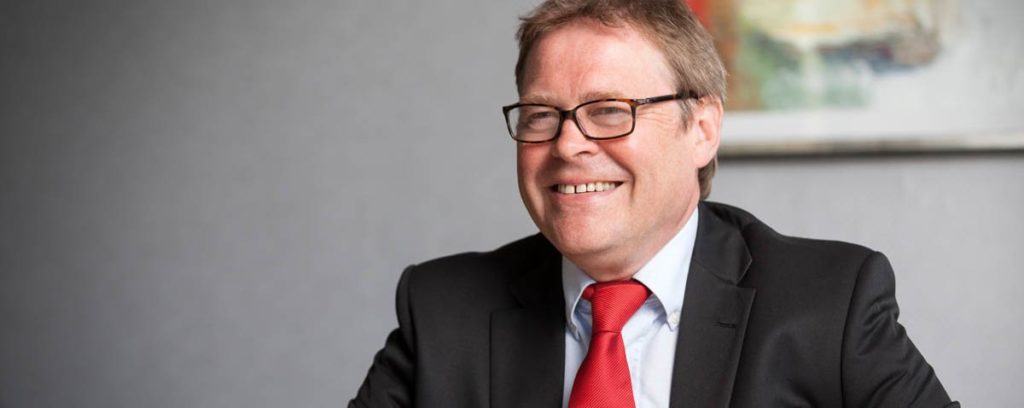
The last year has been one characterised by division in many areas of public life; whether that be in politics, workplaces, social media or in our communities. A few weeks ago in reading another of our national newspapers I came across a word which I think describes it very well, it is dissensus.
It’s not that dissensus is a new word, it’s been around since the ancient Romans and describes the state of things when consensus or mutual agreement cannot be attained. I think it’s going to be a useful concept for us to hold onto when the ways in which we deal with the divisions in our society seem inadequate and when we risk just accepting that these divisions and the barriers they create are part of the way the world is now. That acceptance simply serves to foster the division, reinforce the differences and does nothing to heal the corrosion that they bring about. That corrosion is not good for any of us. An ability to deal with difference, conflict and disagreement is also an opportunity to learn, reflect and even change.
We saw from the results of the UK general election last week that there is a clear dissensus between Scotland and the rest of UK. The divisions on Brexit still run deep no matter whether Prime Minister Johnson is able to get Brexit done. We need to be looking at ways to manage that dissensus rather than butting the heads of the opposing beliefs together and seeing what the clash brings, or even if it brings anything other than the hardening of those beliefs. Managing that dissensus constructively would allow us to explore creatively what the possibilities are and what might work as a mutual way forward. I have been in many mediations where people in seemingly intractable disagreement have managed, through respectful acceptance of the inevitability of opposing views, to find some common ground, and, as result, a better way of working or living together.
As part of Brexit the UK government will want to establish new relationships with the rest of European Union, similarly, as part of independence the Scottish Government will want to establish new relationships with the rest of the UK. It seems to me that the best way of building those new relationships will come from a respectful approach which involves a good deal of listening, some creative thinking and which perhaps might even involve an element of compromise.
This isn’t all about big politics either. We have seen from things like the Sturrock report into NHS Highland that where we deal with disagreement badly it creates a culture that affects the whole organisation, and its recommendations for a new way of building confidence and relationships lay the path for a better way.
Good things are happening too in places like our playgrounds. Scottish Mediation’s Young Talk project has allowed some of our young people to learn that there is a different way to deal with conflict. Molly from Croftfoot Primary in Glasgow at our Young Talk conference in September said that ‘My playground is a happier place since Peer Mediation was introduced’. In an outcome focussed world that’s a measure that says it all.
I see it as part of Scottish Mediation’s purpose to be encouraging us to look at all this in a different way. In June we published our report Bringing Mediation into the Mainstream which suggests some radical changes to the way in which Scotland deals with its civil justice system. On 12th December the Scottish Government responded positively with some real practical steps to take forward the ideas that came from our expert group. That will form a part of what we do in 2020. But that’s only a part of it.
2020 will be a big year for a whole number of reasons and that’s why we have decided to say that 2020 is the Year of Mediation. We plan to be launching our Mediation Charter encouraging groups and organisations to join the ever increasing number of folk who agree that there are better ways of dealing with our problems. The Year of Mediation will also allow us to celebrate the breadth and scope of mediation activity in Scotland. That will range from formal symposia of world class experts to events down the pub where we share stories and songs about getting things sorted. We want to be able to say when we look back this time next year that we had the 2020 vision and that it was a good one. Why not come and take part?